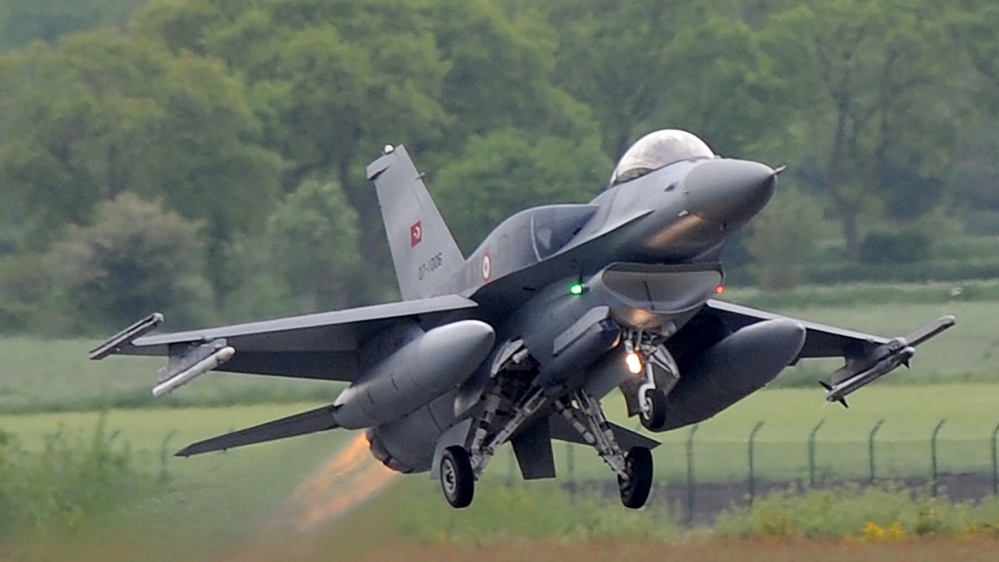Turkey says operation against PKK in Iraq to continue

Turkey will continue its cross-border operations against Kurdish fighters in northern Iraq if Baghdad continues to overlook the rebels’ presence in the region, the foreign ministry said on Thursday, urging Iraqi authorities to cooperate with Ankara.
Turkey has regularly attacked Kurdistan Workers Party (PKK) fighters, both in its mainly Kurdish southeast and in northern Iraq, where the group is based.
In June, Ankara launched a new ground offensive, dubbed Operation Claw-Tiger, that saw Turkish troops advance deeper into Iraq.
On Tuesday, a Turkish air raid in northern Iraq killed two members of Iraq’s border guard and their driver, Iraq’s military said, calling the attack a “flagrant aggression”.
Iraq’s foreign ministry then said Baghdad cancelled a visit by Turkey’s defence minister to the country and summoned the Turkish ambassador to inform him of “Iraq’s confirmed rejection of his country’s attacks and violations”.
‘Determined’
In a statement early on Thursday, Turkey’s foreign ministry said the PKK presence also threatened Iraq and that it was Baghdad’s responsibility to take action against the rebels, and Ankara would defend its borders if the PKK’s presence is allowed.
“Our country is ready to cooperate with Iraq on this issue. However, in the event PKK presence in Iraq is overlooked, our country is determined to take the measures it deems necessary for its border security no matter where it may be,” the ministry said. “We call on Iraq to take the necessary steps for this.”
The PKK, designated a terrorist group by Turkey, the United States and the European Union, took up arms against the Turkish state in 1984. More than 40,000 people have been killed in the conflict, focused in southeast Turkey.
The Kurdish authorities in northern Iraq, dominated by the Democratic Party of Kurdistan (KDP), see the PKK as a worrying presence but have never been able to uproot it from northern Iraqi bases.
Baghdad sees Turkey’s military presence in the Kurdish region as a violation of its sovereignty, but does not want to alienate Turkey, a major trading partner and regional heavyweight.






